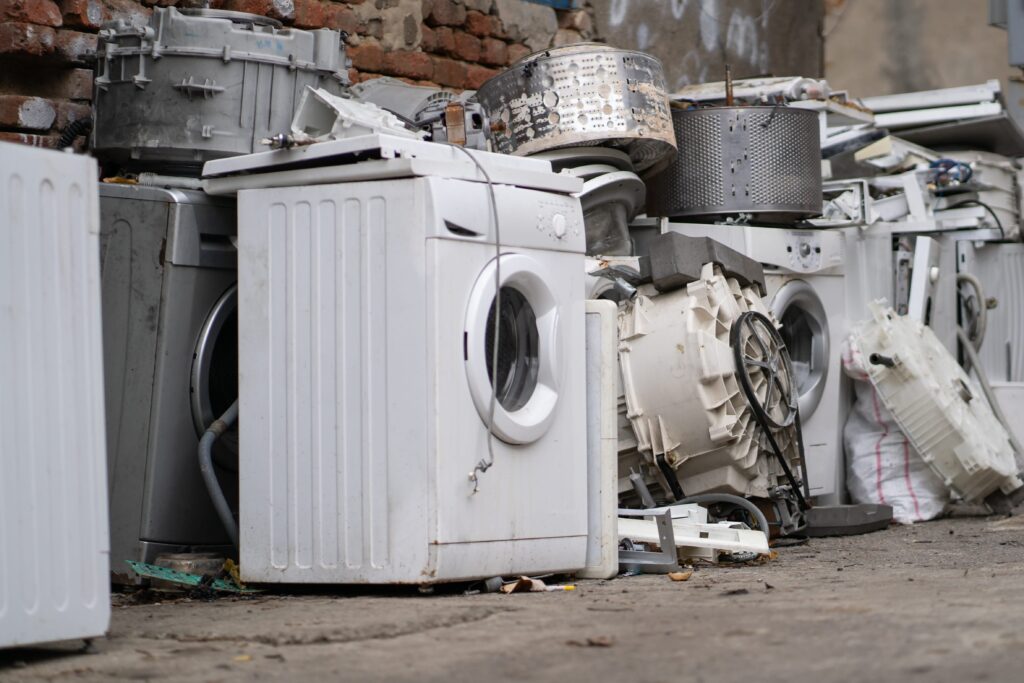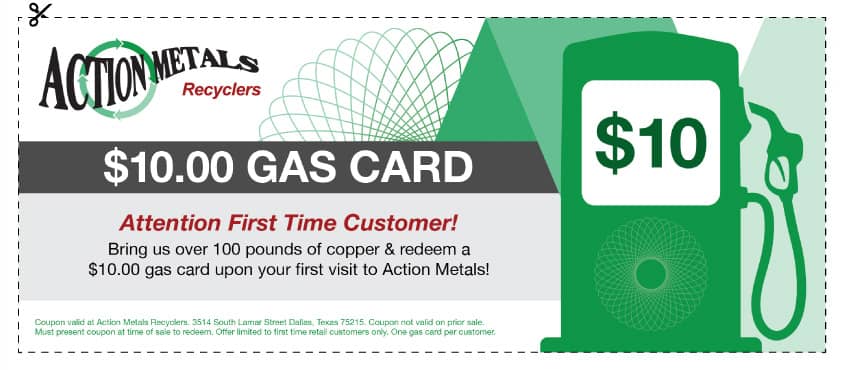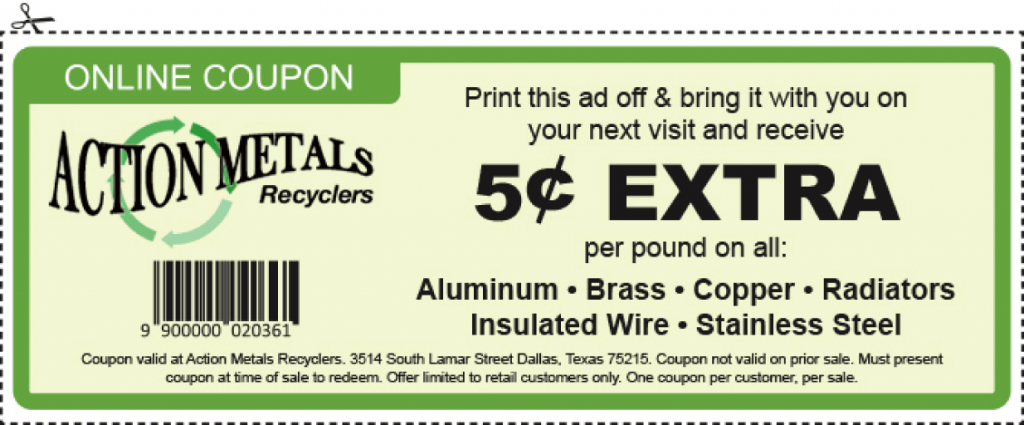At Action Metals, we understand the value hidden within your old appliances. Those seemingly useless machines contain a wealth of recyclable metals, but extracting them safely requires knowledge and care. We’ve seen countless appliances come through our doors, and we’re here to guide you through how to safely remove metal from old appliances, maximizing both your safety and your potential payout.
Prioritize Safety First
Before you begin dismantling any appliance, safety must be your top priority. Old appliances can harbor electrical hazards, sharp edges, and potentially harmful substances. We’ve witnessed a few close calls, and it is imperative that we prevent any injuries.
Disconnect Power Sources: Always unplug the appliance from any electrical outlet. For gas appliances, disconnect the gas line and ensure there are no leaks.
Discharge Capacitors: In appliances like microwaves, capacitors can store electrical charges even after being unplugged. Use a screwdriver with an insulated handle to discharge them.
Wear Protective Gear: Wear safety glasses, gloves, and sturdy shoes to protect yourself from sharp edges and potential hazards.
Work in a Well-Ventilated Area: Some appliances may contain refrigerants or other hazardous substances. Work in an open or well-ventilated area to minimize exposure.
By adhering to these safety precautions, you can minimize the risk of injury and ensure a safe dismantling process.
Identifying and Locating Valuable Metals
Old appliances contain a variety of valuable metals, each with its own unique characteristics and market value. Knowing where to find these metals is crucial for maximizing your payout. We’ve seen many people overlook valuable components simply because they didn’t know where to look.
- Copper Wiring: Found in motors, compressors, and electrical components. Copper wiring is highly valuable and should be carefully extracted.
- Aluminum: Found in appliance casings, heat sinks, and some internal components. Aluminum is lightweight and recyclable.
- Steel and Iron: Found in appliance frames, casings, and motors. These ferrous metals are abundant and recyclable.
- Stainless Steel: Found in appliance interiors, trim, and some components. Stainless steel is corrosion-resistant and valuable.
- Brass: Found in plumbing fixtures, valves, and some electrical components. Brass is a valuable non-ferrous metal.
Understanding where these metals are located within your appliances will streamline the dismantling process.
Disassembling Appliances Methodically
Disassembling appliances requires a methodical approach. Start by removing exterior panels and then work your way inward. We’ve found that rushing the process can lead to damage and wasted materials.
- Remove Exterior Panels: Use a screwdriver or wrench to remove screws and bolts securing the exterior panels.
- Identify and Remove Components: Carefully identify and remove components containing valuable metals, such as motors, compressors, and wiring.
- Separate Metals: As you disassemble the appliance, separate the different types of metals into distinct piles.
- Use Appropriate Tools: Utilize tools such as screwdrivers, wrenches, pliers, and wire cutters to facilitate the dismantling process.
Taking your time and disassembling the appliance systematically will ensure you extract all valuable metals.
Handling Refrigerants Responsibly
Refrigerators and air conditioners contain refrigerants that can be harmful to the environment. It is crucial to handle these substances responsibly and in accordance with local regulations. We have seen the damage that improper refrigerant disposal causes.
- Contact a Certified Technician: Engage a certified technician to safely remove and dispose of refrigerants.
- Do Not Release Refrigerants into the Atmosphere: Releasing refrigerants is illegal and harmful to the ozone layer.
- Follow Local Regulations: Adhere to local regulations regarding the disposal of appliances containing refrigerants.
By handling refrigerants responsibly, you contribute to environmental protection and avoid potential legal issues.
Preparing Metals for Recycling
Once you’ve extracted the metals, preparing them for recycling can further enhance your payout. Cleanliness and separation are key.
- Remove Non-Metal Attachments: Remove any plastic, rubber, or other non-metal attachments from the extracted metals.
- Clean Metals: Clean the metals to remove dirt, grease, and other contaminants.
- Sort Metals: Further sort the metals into specific types, such as copper wiring, aluminum cans, and steel components.
- Cut Large Pieces: If necessary, cut large pieces of metal into smaller, manageable sizes.
Proper preparation ensures a more accurate weight and valuation at our facility.
Transporting Metals Safely
Transporting the extracted metals safely is crucial. Securely loading your materials and adhering to traffic regulations protects both you and other drivers.
- Secure Your Load. Use straps, ropes, or nets to secure your metal to your vehicle.
- Use a Suitable Vehicle. Ensure your vehicle is capable of handling the weight and volume of your metal.
- Follow Traffic Regulations. Adhere to all traffic laws and regulations when transporting your metal.
By following these safety guidelines, you can ensure a smooth and secure transport process.
Action Metals Recyclers | DFW | Sell Your Scrap Metal
Safely removing metal from old appliances is a rewarding endeavor that benefits both your wallet and the environment. By following these steps, you can ensure you extract all valuable metals while minimizing the risk of injury. We at Action Metals are committed to providing fair pricing and excellent service. We encourage you to take the time to properly dismantle and prepare your appliances for recycling.
Ready to turn your old appliances into cash? Contact Action Metals today for current pricing and expert advice. Visit our website or give us a call to learn more about how we can help you maximize your payout. Let us help you convert your old appliances into valuable resources.
FAQ
Q. What safety precautions should I take when dismantling old appliances?
Disconnect power sources, discharge capacitors, wear protective gear, and work in a well-ventilated area.
Q. Where can I find copper wiring in old appliances?
Copper wiring is commonly found in motors, compressors, and electrical components.
Q. How should I handle refrigerants from old appliances?
Contact a certified technician to safely remove and dispose of refrigerants.
Q. Do I need to remove non-metal attachments from the extracted metals?
Yes, removing non-metal attachments like plastic and rubber can significantly increase the value of your scrap.
Q. What safety precautions should I take when transporting extracted metals?
Secure your load, use a suitable vehicle, and follow all traffic regulations to ensure safe transport.








